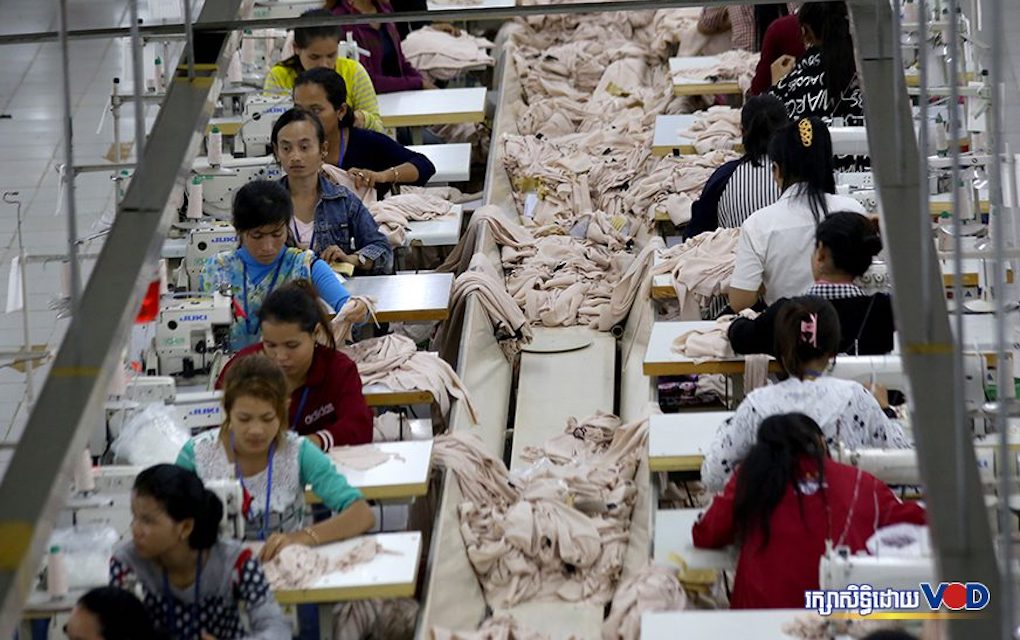Eliminating extra pay for night shifts under proposed Labor Law amendments will boost investment in the country, Labor Minister Ith Sam Heng said at a consultation meeting with unions and employers on Thursday.
Sam Heng also suggested that public holidays that fall on Sundays should no longer be moved to another day to allow workers a makeup day off.
Despite the proposed changes, the ministry was paying attention to make sure that the amendments would not have an immediate impact on any party, he said.
The regulations would attract modern industries, increase productivity and competitiveness, create more jobs and choices for workers, and provide for their actual needs, he said.
Unions, however, were not convinced by the minister’s reassurances.
“They will treat workers badly and change daytime workers to nighttime. It will cause more arguments,” said Ath Thorn, president of the Cambodian Labor Confederation. Night-shift workers were currently paid 130 percent of daytime rates, so it would amount to a loss of 30 percent in compensation, he said.
“If workers don’t want to work night shifts because of the 30 percent loss, they will lose their jobs. But if they agree to [change shifts], they will face unfairness,” Thorn said.
Collective Union of Movement of Workers president Pav Sina said he did not agree with the proposed amendments and asked the ministry to reconsider. Kong Atith, president of the Coalition of Cambodian Apparel Workers Democratic Union, added that the proposed amendments would affect the government’s popularity.
The union leaders suggested that the government reduce electricity and water prices, corruption and bureaucracy — rather than reduce workers’ benefits — in order to attract investment.
In a statement on Wednesday, the Garment Manufacturers Association in Cambodia said it supported the proposed amendments, and that the country’s Labor Law was out of date.
The changes were needed to compete on the international stage and develop the country’s economy, it said.
Sam Heng, the minister, said the seminar was only the first consultation, and the ministry would continue to work with involved parties to find common ground.
(Translated and edited from the original article on VOD Khmer)













